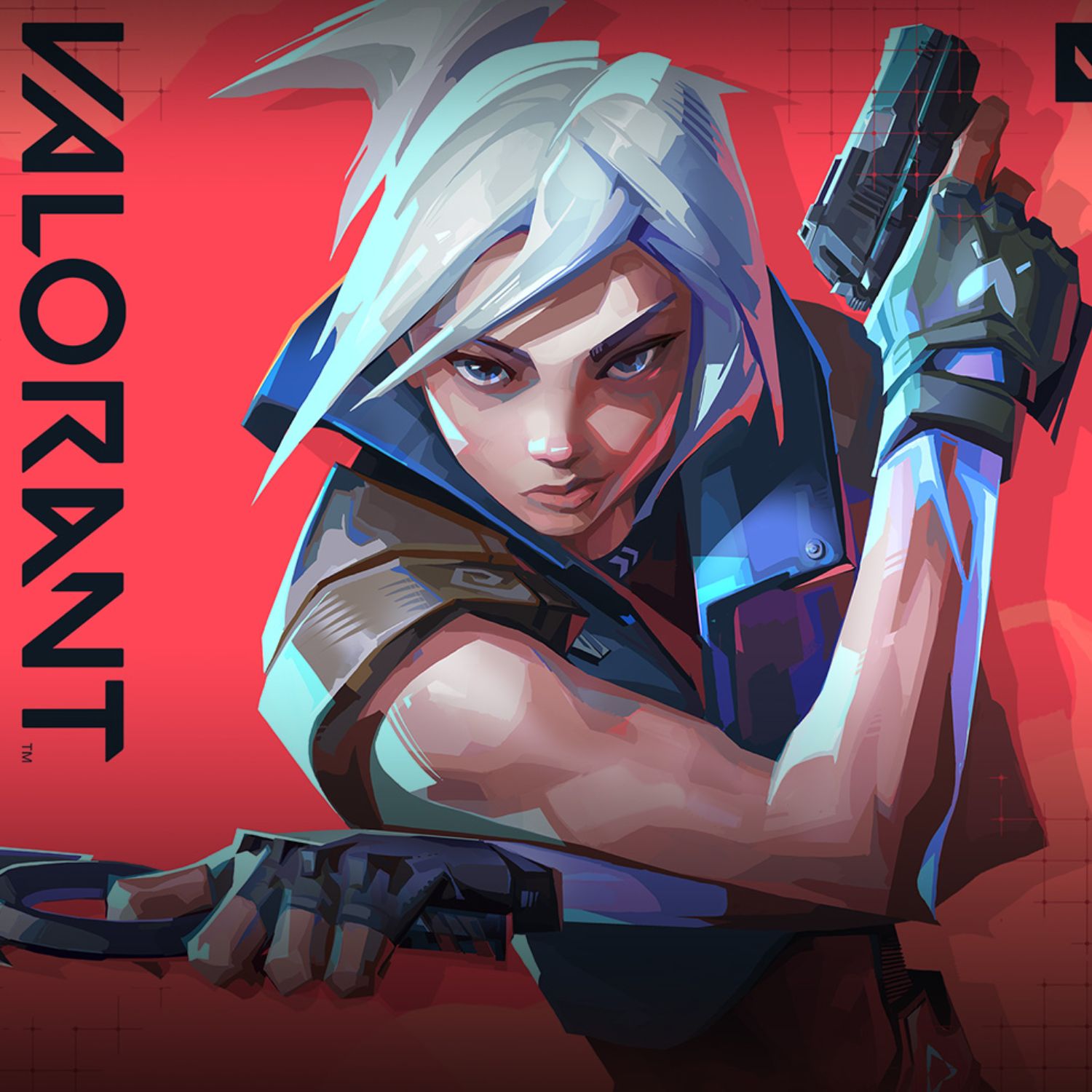
Valorant
All trademarks belong to their respective owners. Get GameValorant: The Tactical Shooter That’s Redefining Competitive FPS Esports
In the crowded landscape of First-Person Shooter (FPS) games, where new titles constantly emerge vying for supremacy, Valorant has not just arrived; it has exploded onto the scene, carving out a dominant niche in both casual play and the fiercely competitive esports arena. Developed by Riot Games, the powerhouse behind League of Legends, Valorant masterfully blends the precise gunplay and tactical depth of classic tactical shooters like CS:GO with the unique agent abilities found in character-driven games like Overwatch. This innovative hybrid has captivated millions, establishing itself as a top-tier free-to-play PC game and a major force in esports, attracting both seasoned FPS veterans and newcomers eager to dive into its high-stakes, strategic combat. It’s more than just a game; it’s a constant test of skill, teamwork, and sharp decision-making under pressure.
The Core Pillars: Precision and Abilities
Valorant’s success stems from its meticulous balancing of two seemingly disparate genres:
- Lethal Gunplay: At its heart, Valorant is a tactical shooter. This means headshots are often instant kills, recoil patterns are predictable (but require practice to master), and movement accuracy penalties are significant. The emphasis is on precise aiming, disciplined shooting, and holding angles. This core mechanic appeals directly to players who value raw mechanical skill and aim. Weapons, from the iconic Vandal and Phantom rifles to the precise Sheriff pistol, feel impactful and distinct, demanding mastery of their individual quirks. The economy system, where players purchase weapons and abilities each round, adds another layer of strategic depth, forcing teams to manage their credits wisely.
- Unique Agent Abilities: What sets Valorant apart is its roster of Agents, each equipped with a unique set of abilities that range from smoke screens and flashes to healing, reconnaissance, and offensive ultimates. These abilities don’t replace gunplay but rather augment it, creating tactical opportunities, controlling space, and providing information. For example, Omen’s Dark Cover smokes can block sightlines for pushes, while Sova’s Recon Bolt can reveal enemy positions through walls. Learning how to effectively combine Agent abilities with precise shooting is the key to mastering Valorant’s gameplay.
Strategic Depth: Round-Based Objective Play
Valorant’s primary game mode, Spike Rush (or Competitive), revolves around a classic bomb defusal scenario (known as the Spike):
- Attackers (Planting the Spike): The attacking team’s objective is to plant the Spike (a bomb) at one of two or three designated sites (A, B, C on maps like Haven). They must protect the Spike until it detonates, or eliminate all defenders. Their Agent compositions often focus on gaining entry, clearing angles, and planting.
- Defenders (Defusing or Preventing Plant): The defending team’s objective is to prevent the Spike from being planted, or to defuse it if it is planted before it explodes. They must hold sites, rotate quickly, and deny attacker pushes. Their Agent compositions typically focus on holding choke points, gathering information, and retaking sites.
- Round-Based Economy: Each match is split into rounds, and teams earn credits based on wins, losses, kills, and Spike plants/defuses. This economy system dictates what weapons and abilities players can afford in subsequent rounds, adding a layer of meta-strategy. Teams might save credits (eco rounds) to buy powerful weapons in future rounds (buy rounds), or force buys with cheaper weapons in an attempt to surprise opponents.
- First to 13 Rounds: Matches are played as a best-of-25, with the first team to win 13 rounds taking the victory. This structure ensures a comprehensive test of skill, adaptation, and endurance.
The Maps: Designed for Tactical Play
Valorant’s maps are meticulously crafted to facilitate strategic gameplay, offering unique layouts and challenges:
- Distinct Sites: Each map features multiple Spike sites (usually two or three), each with different entry points, cover options, and sightlines, encouraging diverse strategies.
- Unique Mechanics: Many Valorant maps incorporate unique environmental mechanics that can be leveraged tactically. For instance, Ascent features retractable doors that can be opened or closed to control pathways, while Bind has one-way teleporters for quick rotations. Icebox has verticality with ziplines, and Lotus has rotating doors and breakable walls.
- Verticality and Angles: Maps often feature multiple elevations and tight corners, forcing players to constantly check angles and be aware of vertical threats. This makes utility like Sage’s Barrier Orb or Jett’s Updraft incredibly valuable.
Esports Dominance and Live Service Model
Riot Games’ expertise in esports and live-service games has propelled Valorant to the forefront of the competitive scene:
- Vibrant Esports Ecosystem: Valorant has quickly established a professional esports circuit with major tournaments (like the Valorant Champions Tour – VCT) that draw massive viewership. The dynamic interplay of gunplay and abilities makes for incredibly exciting and unpredictable competitive matches.
- Consistent Updates and New Content: Riot regularly introduces new Agents, maps, weapon skins, and balance changes through frequent updates. This commitment to fresh content keeps the meta evolving, players engaged, and the game feeling constantly new.
- Strong Anti-Cheat (Vanguard): While sometimes controversial, Riot’s proprietary anti-cheat software, Vanguard, is designed to combat cheating aggressively, aiming to maintain a fair and competitive environment, which is crucial for esports integrity.
- Cosmetic Monetization: As a free-to-play game, Valorant monetizes through cosmetic weapon skins and Agent bundles. These highly sought-after skins are purely aesthetic and do not offer any in-game advantage, maintaining the game’s competitive integrity.
Valorant isn’t just an FPS game; it’s a meticulously crafted tactical shooter that demands both precise aiming and strategic thinking. Its innovative blend of classic gunplay with character-specific abilities, combined with Riot’s proven track record in esports and live-service development, has solidified its position as a leading force in the competitive gaming world. Whether you’re a seasoned aim god or a tactical mastermind, Valorant offers a compelling and constantly evolving battlefield where every round presents a new challenge and an opportunity for glory.
What’s your favorite Valorant Agent to play, and what makes their abilities so effective in your playstyle?
